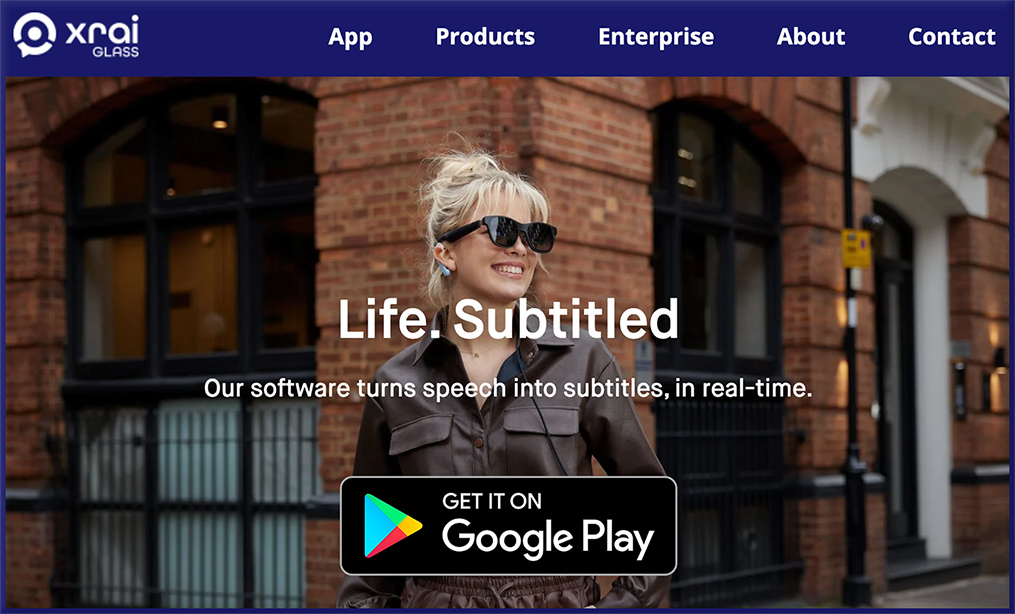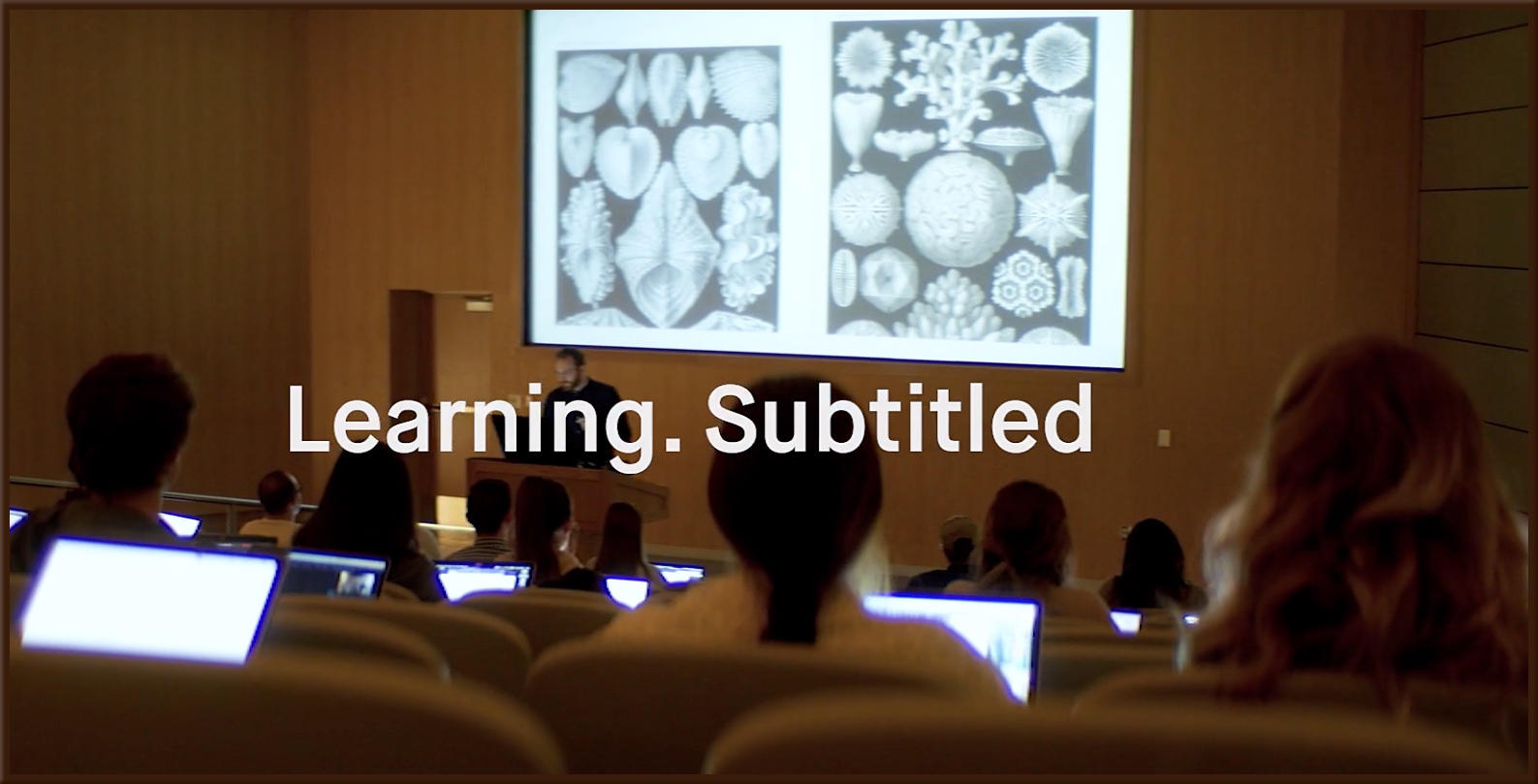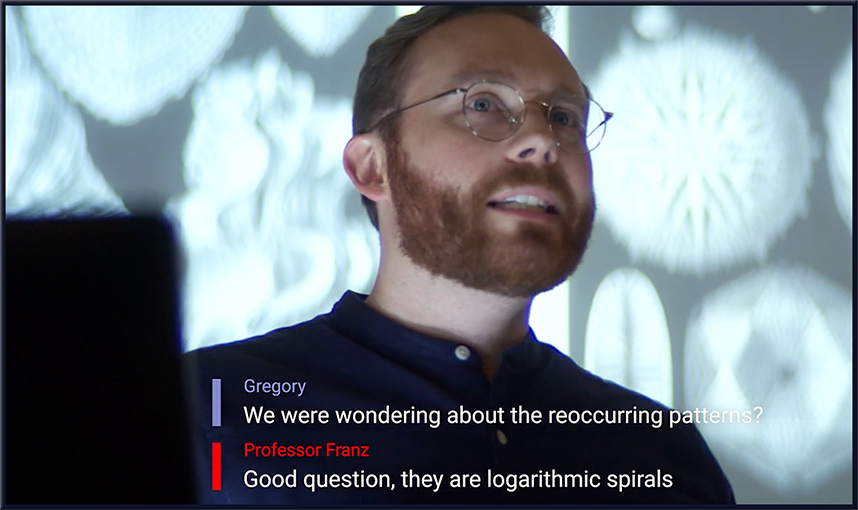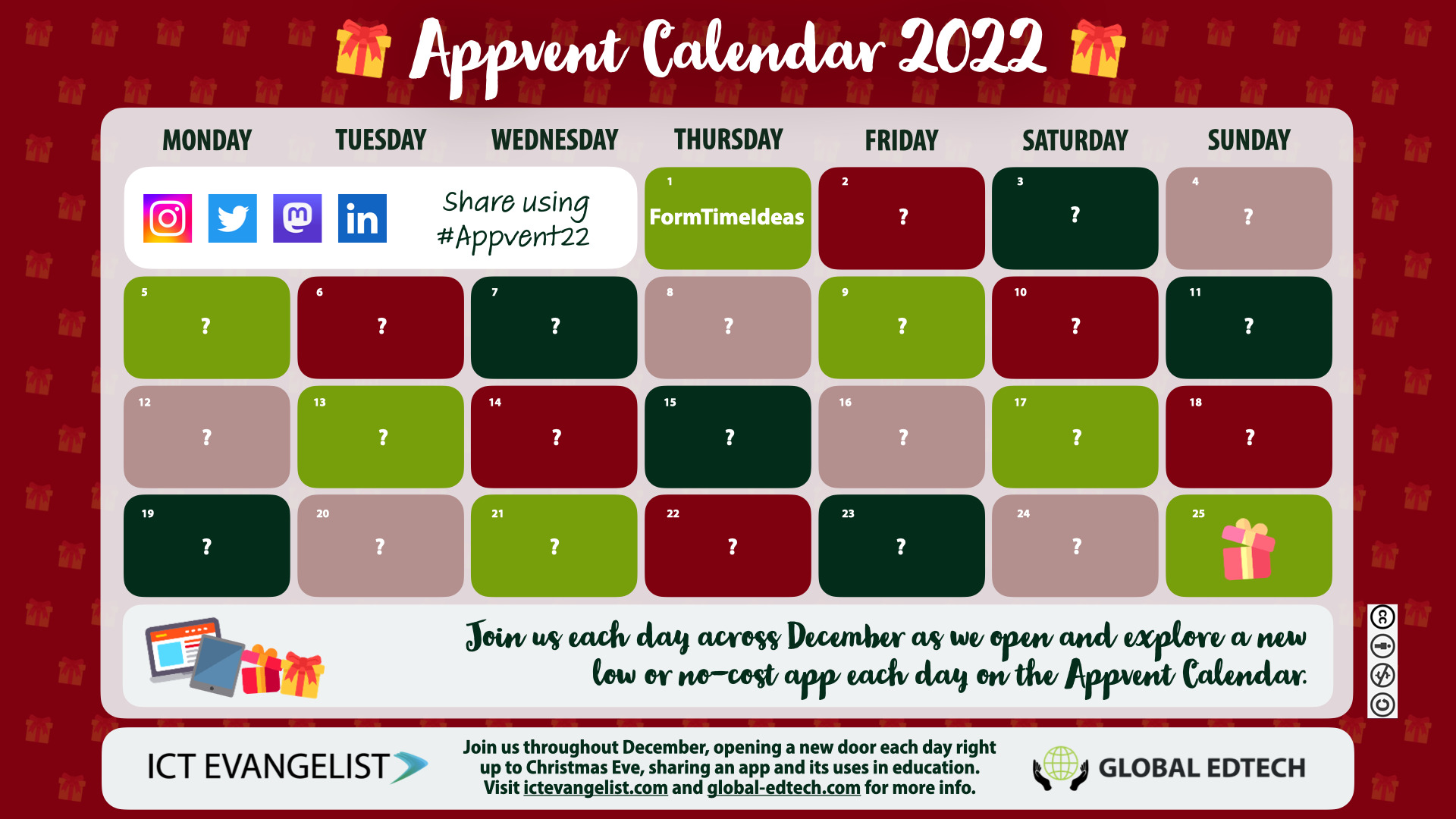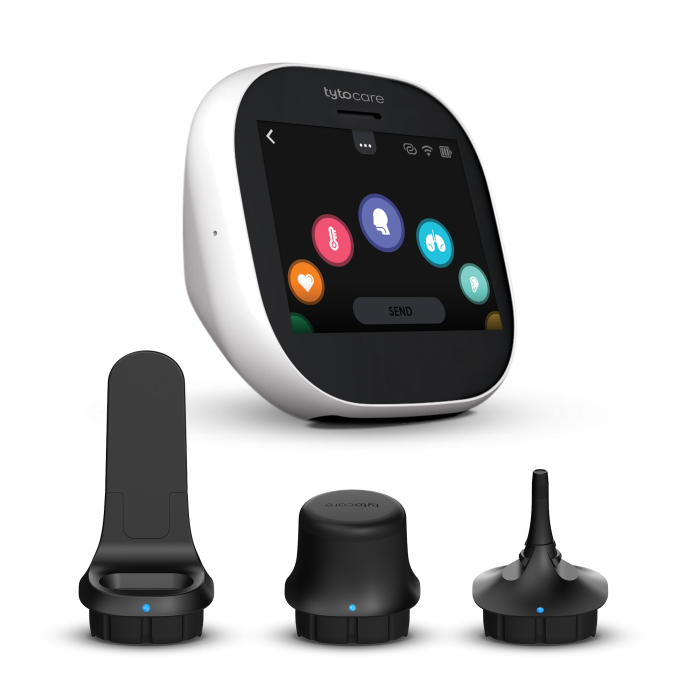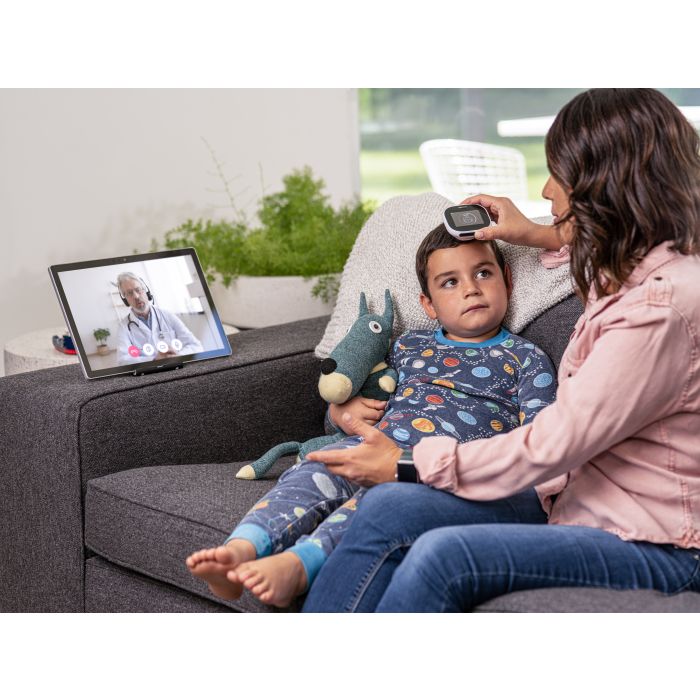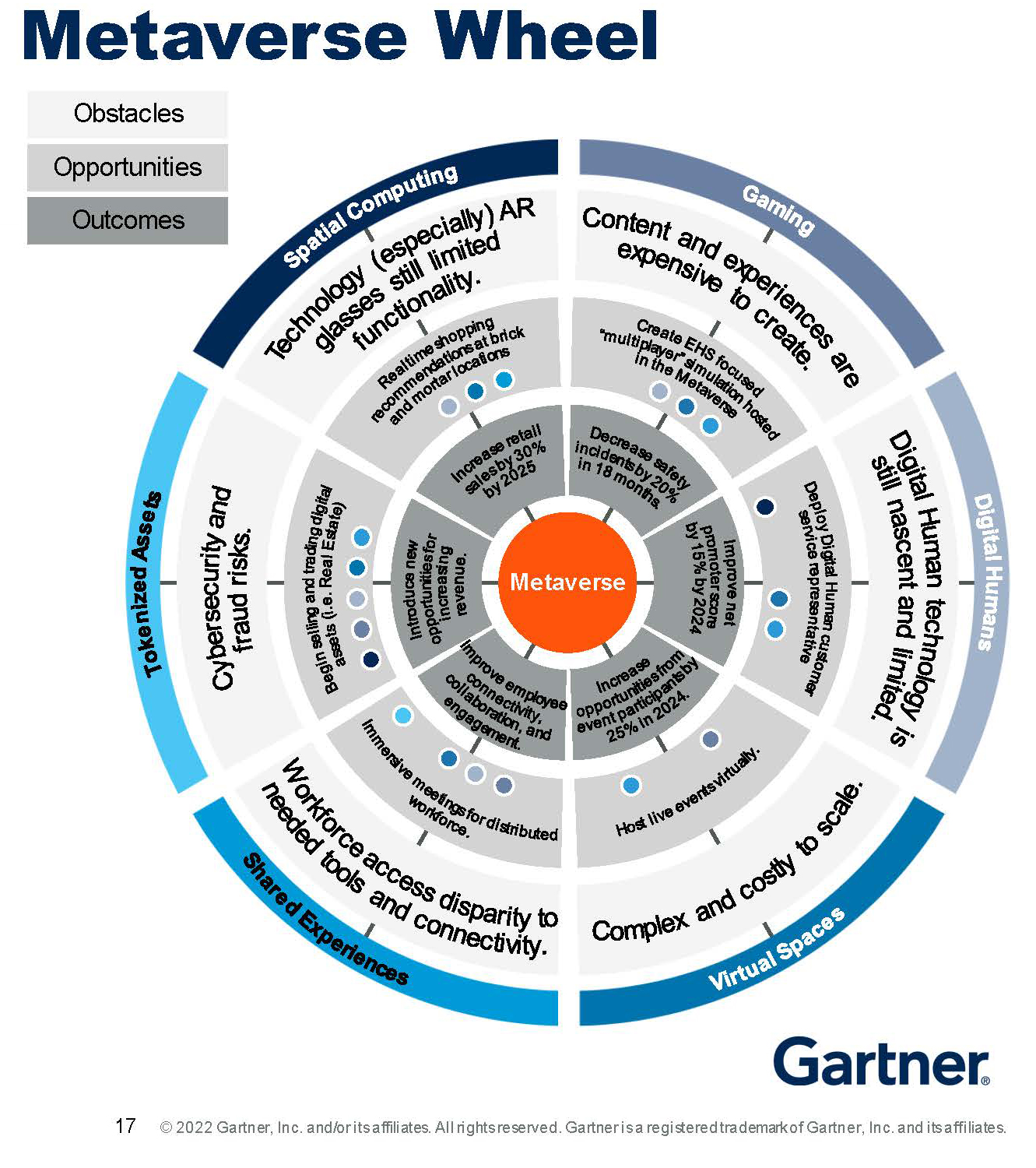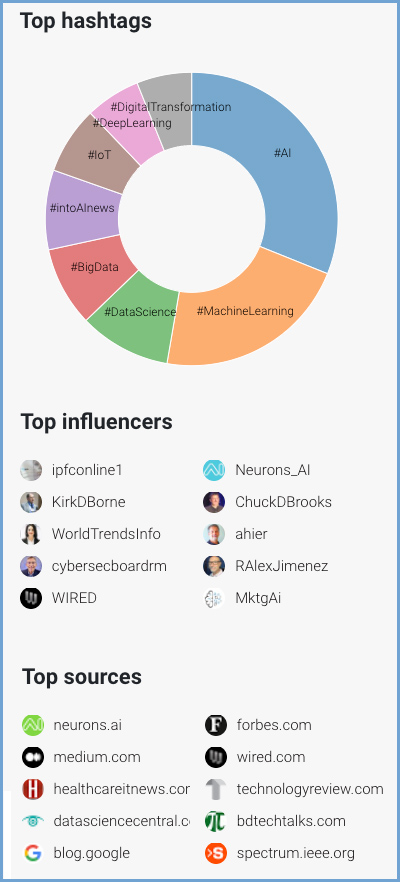How AI And 5G Could Lead The Next Phase Of The Industrial Revolution — from swisscognitive.ch
Some use cases of the convergence of AI and 5G are:
- Metaverse: AI is a key technology that helps bring Metaverse to life and now with the addition of 5G, streaming experiences would become enjoyable and maintaining connectivity without any disruption of external factors like geographical locations would be eliminated.
- Digital assistants in the form of chatbots and virtual avatars: Digital assistants today use AI to replicate the human brain and converse with people in human language by understanding intent. With 5G the speed at which the speech is converted to text will improve drastically.
- Education: AI and 5G are helping bring education to students’ doorstep through virtual reality and is making this available, efficiently as in real-world classrooms. Solving queries is possible quickly without any restrictions. Betty in Archie Comics attending her classes virtually is a reality due to these technologies.
- Healthcare: AI and 5G in healthcare are proliferating an accurate diagnosis of diseases, real-time monitoring, and quick treatment facilities. This has become possible with the right use of data- collection, transmission, and analysis.
- Automotive: AI and 5G together is making vehicles smarter and reducing the risk of mishaps on roads by employing various data-powered safety and driving efficiency measures in vehicles.
AI Timelines: What Do Experts in Artificial Intelligence Expect for the Future? — from singularityhub.com by Dr. Max Roser
Excerpt:
What I do take away from these surveys however, is that the majority of AI experts take the prospect of very powerful AI technology seriously. It is not the case that AI researchers dismiss extremely powerful AI as mere fantasy.
The huge majority thinks that in the coming decades there is an even chance that we will see AI technology which will have a transformative impact on our world. While some have long timelines, many think it is possible that we have very little time before these technologies arrive. Across the three surveys more than half think that there is a 50% chance that a human-level AI would be developed before some point in the 2060s, a time well within the lifetime of today’s young people.
Future Of Health: Top Five Digital Health Innovations For 2023 — from forbes.com by Anita Gupta
Excerpts:
- Connected Digital Care
- AI In Healthcare
- Real-World Patient Engagement In Healthcare
- Increase Security For Digital And Health Data
- Improving Telehealth Services
Looking ahead to 2023: AI, machine learning, RTLS and robotic process automation — from healthcareitnews.com by Bill Siwicki
These advanced technologies will do more to help provider organizations with workflow optimization, staff shortages and the patient experience in the year ahead, one expert predicts.
Three reasons why NLP will go mainstream in healthcare in 2023 — from healthcareitnews.com by Bill Siwicki
A natural language processing expert explains why he feels the technology’s kinks have been ironed out, its ROI has been proven and the timing is right for healthcare to take advantage of information-extraction tools.
13 tech predictions for 2023 — from enterprisersproject.com by Katie Sanders
What can you expect in the world of IT next year? Business and IT leaders share their thoughts
Analysts Predictions About AI In 2023 — from forbes.com by Gil Press
Excerpts:
- Automated software development
- Automated content and commerce
- Enterprise governance, risk, sustainability and security
- Consumer interactions and experiences
Top 5 Edge AI Trends to Watch in 2023 — from nvidia.com by Amanda Saunders
Excerpt:
Until now, AI has operated almost exclusively in the cloud. But increasingly diverse streams of data are being generated around the clock from sensors at the edge. These require real-time inference, which is leading more AI deployments to move to edge computing.
For airports, stores, hospitals and more, AI brings advanced efficiency, automation and even cost reduction, which is why edge AI adoption accelerated last year.
In 2023, expect to see a similarly challenging environment, which will drive the following edge AI trends.
Digital transformation: 5 trends to watch in 2023 — from enterprisersproject.com by Ritish Reddy
As enterprises continue to digitally transform, IT leaders must look toward the future. Expect to see these trends in 2023










